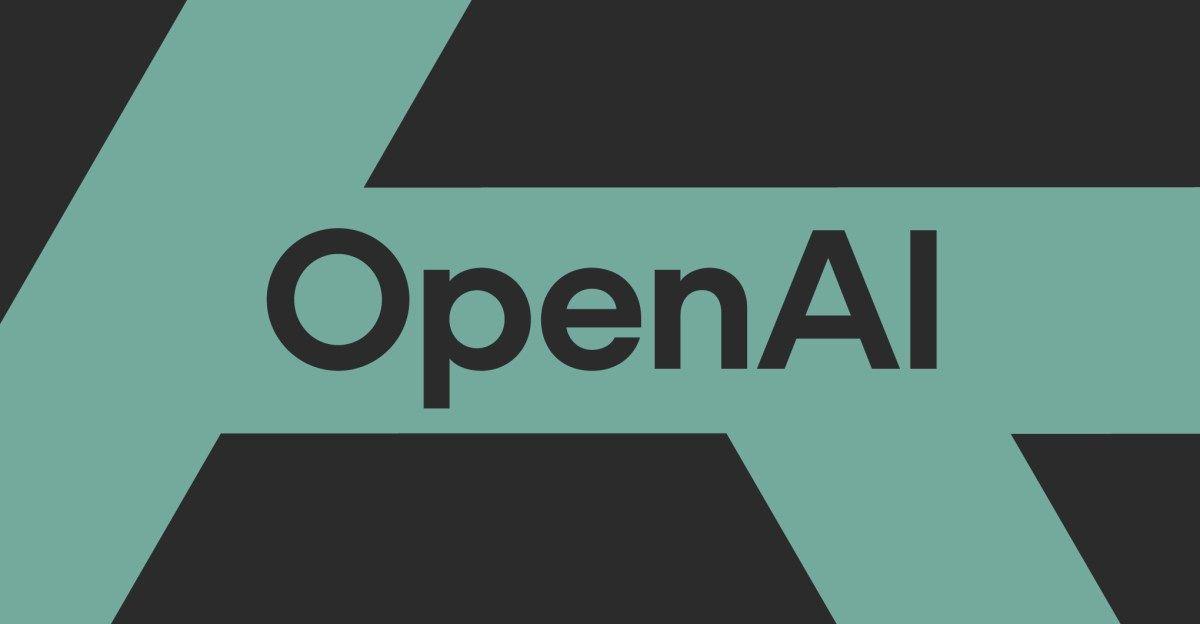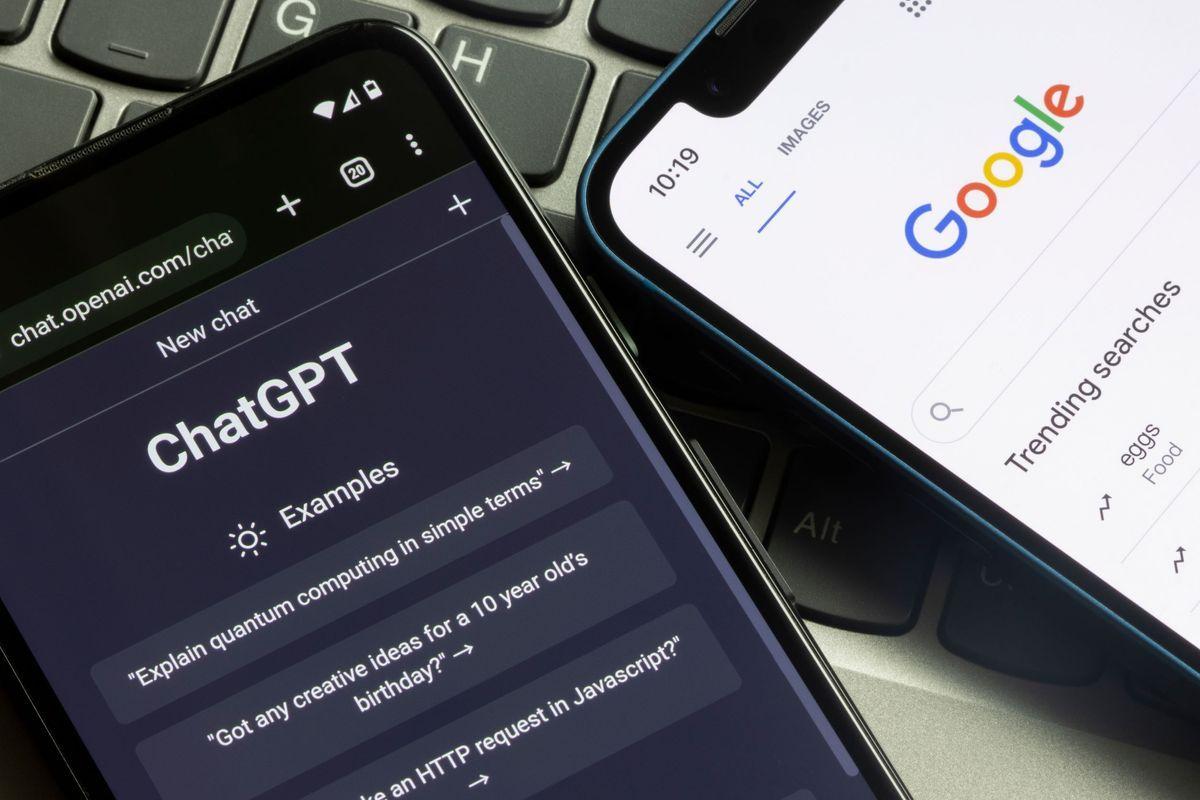AI Usage Soars Despite Trust Issues: The Paradox of Generative AI Adoption
2 Sources
2 Sources
[1]
People don't trust AI but they're increasingly using it anyway
The use of generative AI in online search is continuing to explode, even while many people are dubious of the technology's reliability and trustworthiness. ChatGPT was also the most downloaded app in the world in April; in June, it clocked more App Store downloads than TikTok, Facebook, Instagram, and X combined. All of those benchmarks have been reached since late 2022, when the app was first publicly launched. In less than three years, it has become an increasingly central part of how many people around the world engage with the internet. OpenAI's chatbot remains a long way from surpassing Google -- the search engine processes approximately 5 trillion queries annually -- but ChatGPT could soon catch up, especially once OpenAI launches its long-awaited web browser. (Disclosure: Ziff Davis, ZDNET's parent company, filed an April 2025 lawsuit against OpenAI, alleging it infringed Ziff Davis copyrights in training and operating its AI systems.) Perhaps the clearest evidence of the seismic effect ChatGPT is having within the online search industry has been Google's pivot, in response, to its own generative AI-powered features. AI Overviews has become the most conspicuous part of users' interaction with Google's search engine. Google is also facing competition from Perplexity, an online search start-up with generative AI at its core. Earlier this month, Perplexity launched its own web browser, Comet, to compete with industry heavyweights like Chrome and Apple's Safari. AI Mode, a feature Google debuted in May that incorporates generative AI more deeply throughout the search experience, operates quite similarly to Perplexity. Despite the huge surge of generative AI within online search, many people are still wary of the responses they're receiving from AI. According to a recent survey of more than 1,100 Americans, only 8.5% said they "always trust" the information they receive from Google's AI Overviews. Around 21%, in contrast, said they have zero trust in the feature's ability to surface accurate information. Also: 100 leading AI scientists map route to more 'trustworthy, reliable, secure' AI Trust issues notwithstanding, that same survey also found that more than 40% of respondents rarely or never click on accompanying web links provided in AI Overviews to view the source material informing the AI model's response. The picture that emerges is one in which many people are interacting with generative AI by default as part of their day-to-day Googling, while simultaneously placing little to no credence in the answers they're receiving. Another study published earlier this year, however, found that the majority of people trust ChatGPT more than human experts in at least one domain, but that trust diminishes when the chatbot discusses sensitive subjects like legal or medical advice. Many other factors can affect humans' perceptions of the trustworthiness of AI chatbots, including the tone of communication: More sycophantic AI-generated responses, for example, tend to be perceived as less trustworthy compared to responses that have a more neutral, less explicitly flattering tone. While large language models are generally trained to maximize facticity, they often veer unpredictably into hallucination -- providing inaccurate information with the veneer of truth. Also: I spoke with an AI version of myself, thanks to Hume's free tool - how to try it Some leading AI developers -- like OpenAI and Anthropic -- have launched initiatives aimed at interpreting and understanding the intricate processes taking place beneath the hood of AI systems, both in an effort to improve those systems' performance and to boost user confidence and trust.
[2]
We use AI billions of times a day but we still don't trust it
ChatGPT was the most downloaded global application in April and surpassed the combined App Store downloads of TikTok, Facebook, and Instagram in June According to Axios, ChatGPT, launched in late 2022; processes approximately 2.5 billion user queries daily, with 13% originating in the United States, driving a rapid transformation in internet engagement. It was the most downloaded global application in April and surpassed combined App Store downloads of TikTok, Facebook, Instagram, and X in June. This rapid adoption positions ChatGPT as an increasingly central component of global internet interaction. Google, processing approximately 5 trillion queries annually, has responded to this shift by integrating generative AI features, notably AI Overviews. Perplexity, an online search startup focused on generative AI, introduced its web browser, Comet, to compete with established browsers like Chrome and Safari. Google's AI Mode, launched in May, integrates generative AI throughout its search experience, functioning similarly to Perplexity's core offerings. Despite the growing use of generative AI in online search, user trust remains a significant concern. A survey involving over 1,100 Americans indicated that only 8.5% "always trust" information from Google's AI Overviews, while approximately 21% expressed zero trust. This survey also revealed that over 40% of respondents rarely or never click on accompanying web links provided in AI Overviews to access source material. This suggests users frequently interact with generative AI by default during their daily searches but harbor minimal confidence in the accuracy of the information received. Further research indicates that a majority of individuals trust ChatGPT more than human experts in certain domains, though this trust decreases when the chatbot addresses sensitive topics, such as legal or medical advice. The perception of trustworthiness in AI chatbots is also influenced by communication tone; sycophantic AI-generated responses are often perceived as less trustworthy compared to more neutral or less explicitly flattering tones. While large language models are typically trained to maximize factual accuracy, they can exhibit "hallucination," producing inaccurate information presented as truth. Leading AI developers, including OpenAI and Anthropic, have initiated programs to understand and interpret the complex internal processes of AI systems. These initiatives aim to enhance system performance and increase user confidence and trust.
Share
Share
Copy Link
Generative AI tools like ChatGPT are seeing explosive growth in usage, despite widespread skepticism about their reliability. This paradox highlights the complex relationship between AI adoption and user trust in the rapidly evolving landscape of online search and information retrieval.
The Rise of Generative AI in Online Search
In a remarkable shift in internet usage patterns, generative AI tools, particularly ChatGPT, have seen explosive growth since late 2022. ChatGPT now processes approximately 2.5 billion user queries daily, with 13% originating from the United States
2
. This surge in adoption has positioned ChatGPT as an increasingly central component of global internet interaction, evidenced by its status as the most downloaded global application in April 2025 and surpassing the combined App Store downloads of popular social media platforms like TikTok, Facebook, and Instagram in June1
2
.Industry Giants Respond to the AI Revolution
The rapid rise of ChatGPT has prompted swift responses from industry leaders. Google, which processes approximately 5 trillion queries annually, has pivoted to integrate generative AI-powered features, most notably AI Overviews, into its search engine
1
. This move represents a significant shift in the company's approach to online search.Meanwhile, new players are entering the field with AI-centric offerings. Perplexity, an online search startup focused on generative AI, has launched its own web browser, Comet, to compete with established browsers like Chrome and Safari
1
. Google has also debuted AI Mode, a feature that incorporates generative AI more deeply throughout the search experience, operating similarly to Perplexity's core offerings1
2
.The Trust Paradox: Usage vs. Confidence

Source: ZDNet
Despite the surging adoption of generative AI in online search, user trust remains a significant concern. A recent survey of over 1,100 Americans revealed a striking paradox:
- Only 8.5% of respondents said they "always trust" the information they receive from Google's AI Overviews
- Approximately 21% expressed zero trust in the feature's ability to surface accurate information
- More than 40% of respondents rarely or never click on accompanying web links provided in AI Overviews to view the source material
1
2
This data paints a picture of users interacting with generative AI by default in their daily online activities, while simultaneously harboring little to no confidence in the accuracy of the information they receive.
Factors Influencing AI Trust

Source: Dataconomy
Research indicates that trust in AI systems is nuanced and context-dependent. A study found that the majority of people trust ChatGPT more than human experts in at least one domain. However, this trust diminishes when the chatbot discusses sensitive subjects like legal or medical advice
1
.The perception of AI trustworthiness is also influenced by communication style. More sycophantic AI-generated responses tend to be perceived as less trustworthy compared to responses with a more neutral, less explicitly flattering tone
1
.Related Stories
The Challenge of AI Hallucinations
A significant challenge facing generative AI systems is the phenomenon of "hallucination" – providing inaccurate information with the veneer of truth. While large language models are generally trained to maximize facticity, they can veer unpredictably into producing false or misleading information
1
2
.Industry Efforts to Build Trust
Recognizing the importance of user trust, leading AI developers like OpenAI and Anthropic have launched initiatives aimed at interpreting and understanding the intricate processes taking place within AI systems. These efforts are dual-purposed: to improve system performance and to boost user confidence and trust in AI-generated information
1
2
.As generative AI continues to reshape the landscape of online search and information retrieval, the industry faces the ongoing challenge of balancing rapid adoption with the critical need for user trust and reliability.
References
Summarized by
Navi
Related Stories
ChatGPT's Explosive Growth: 2.5 Billion Daily Prompts Challenge Google's Dominance
22 Jul 2025•Technology

AI Search Engines Struggle with Accuracy, Study Reveals 60% Error Rate
12 Mar 2025•Technology

ChatGPT Usage Soars: Adoption Trends and User Demographics Revealed in Recent Studies
28 Jun 2025•Technology

Recent Highlights
1
Pentagon threatens to cut Anthropic's $200M contract over AI safety restrictions in military ops
Policy and Regulation

2
ByteDance's Seedance 2.0 AI video generator triggers copyright infringement battle with Hollywood
Policy and Regulation

3
OpenAI closes in on $100 billion funding round with $850 billion valuation as spending plans shift
Business and Economy





